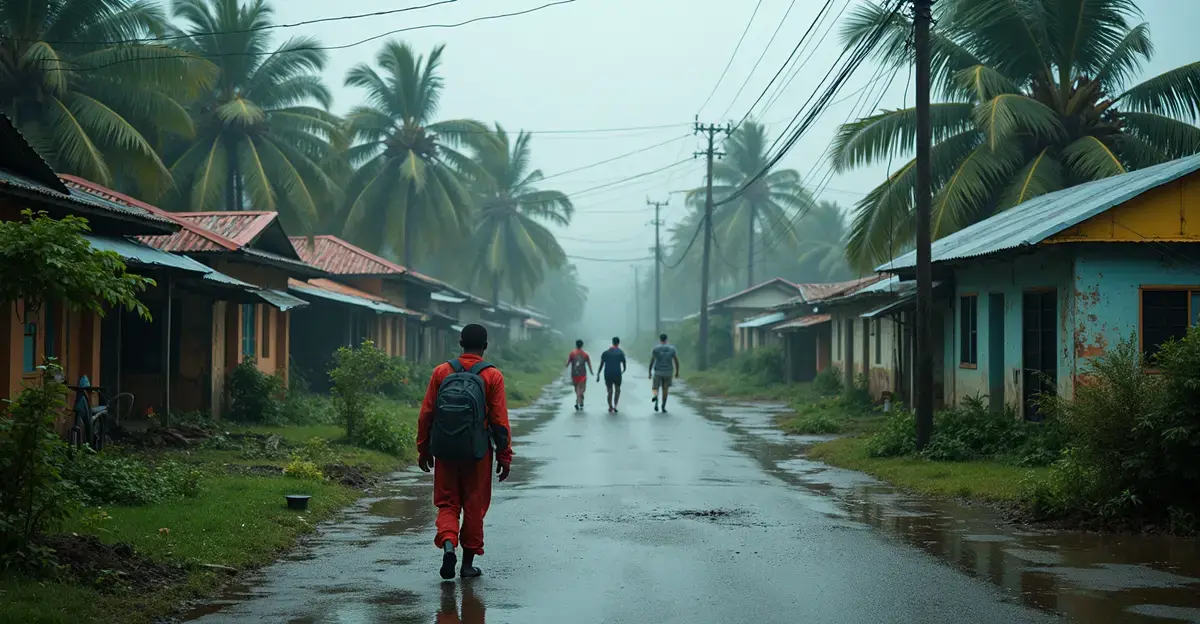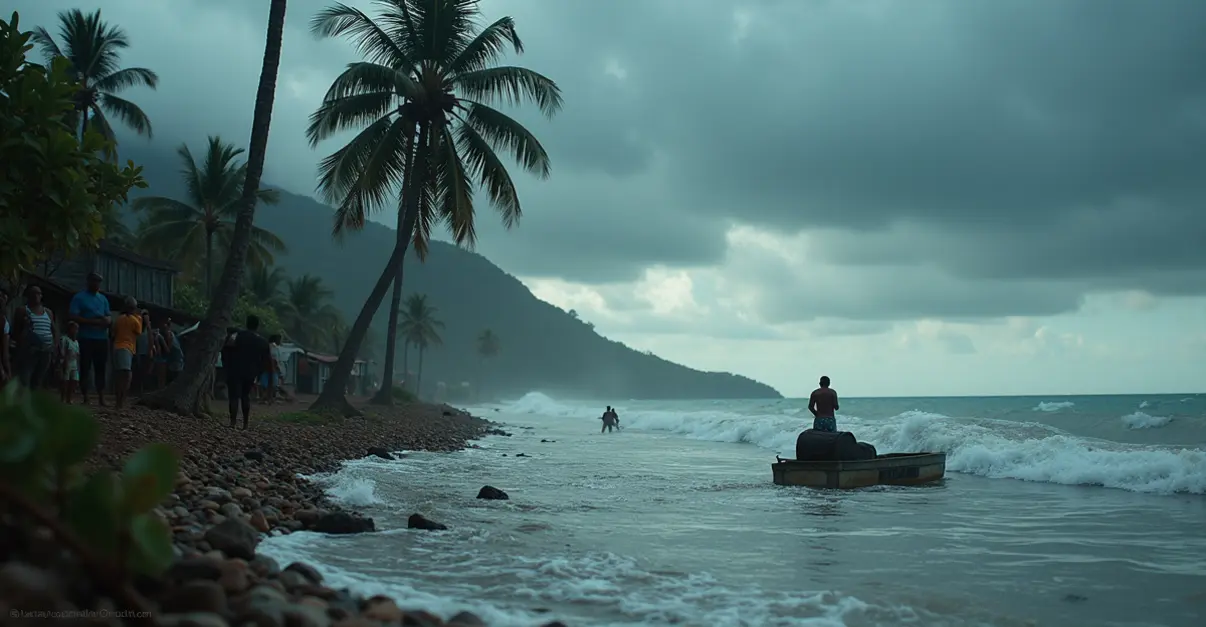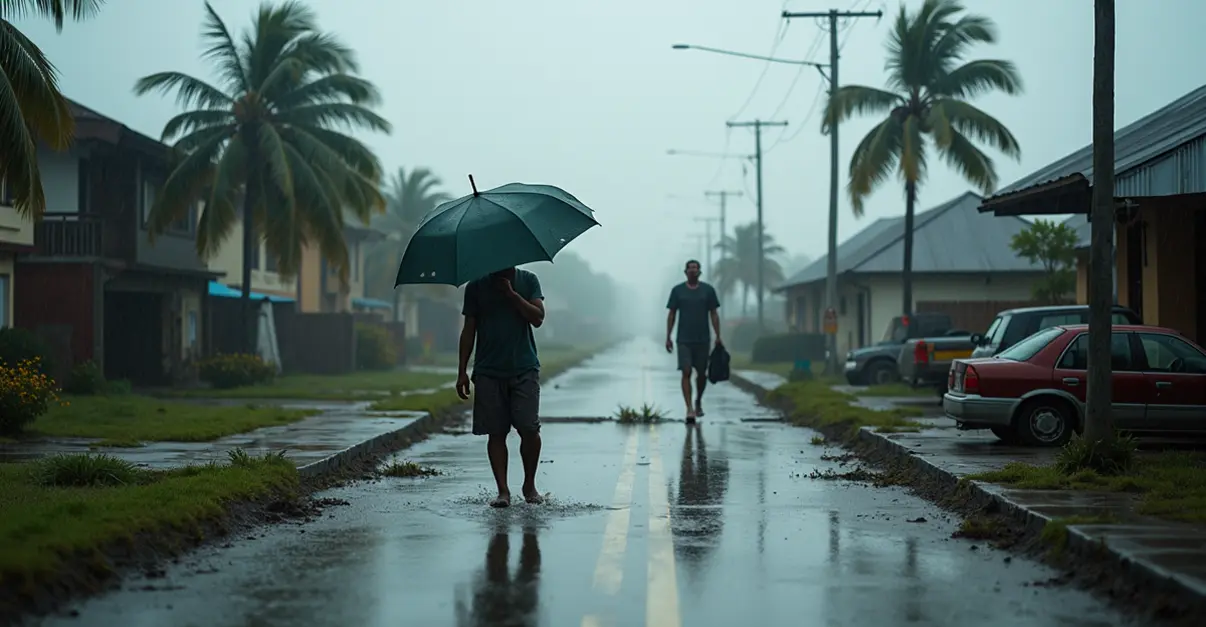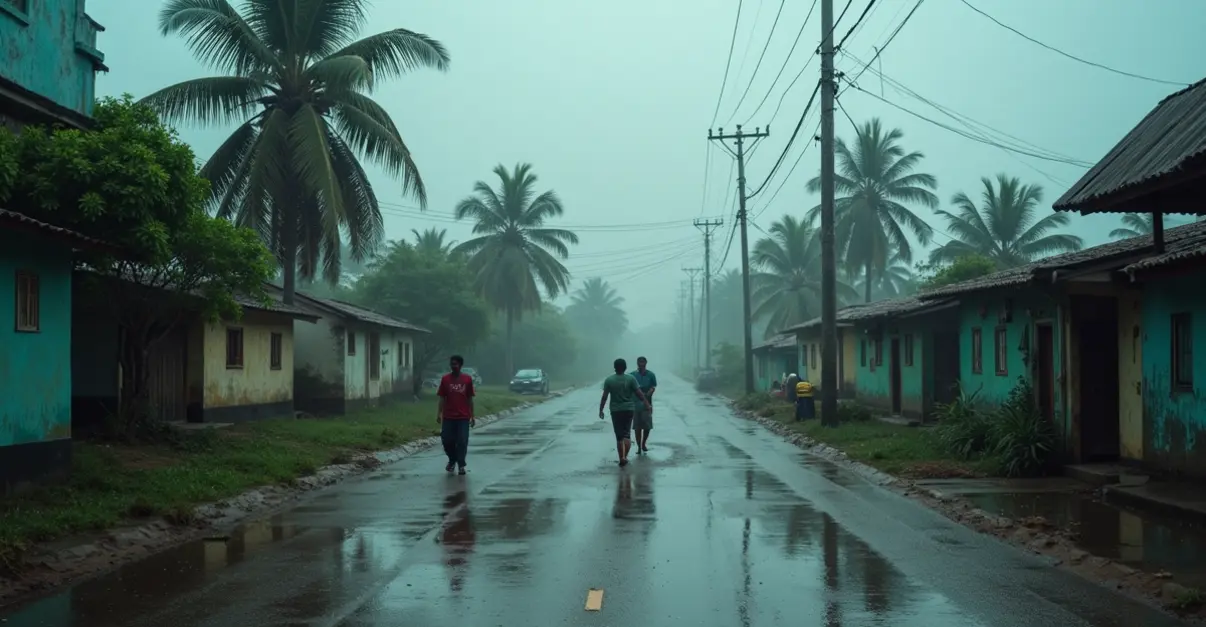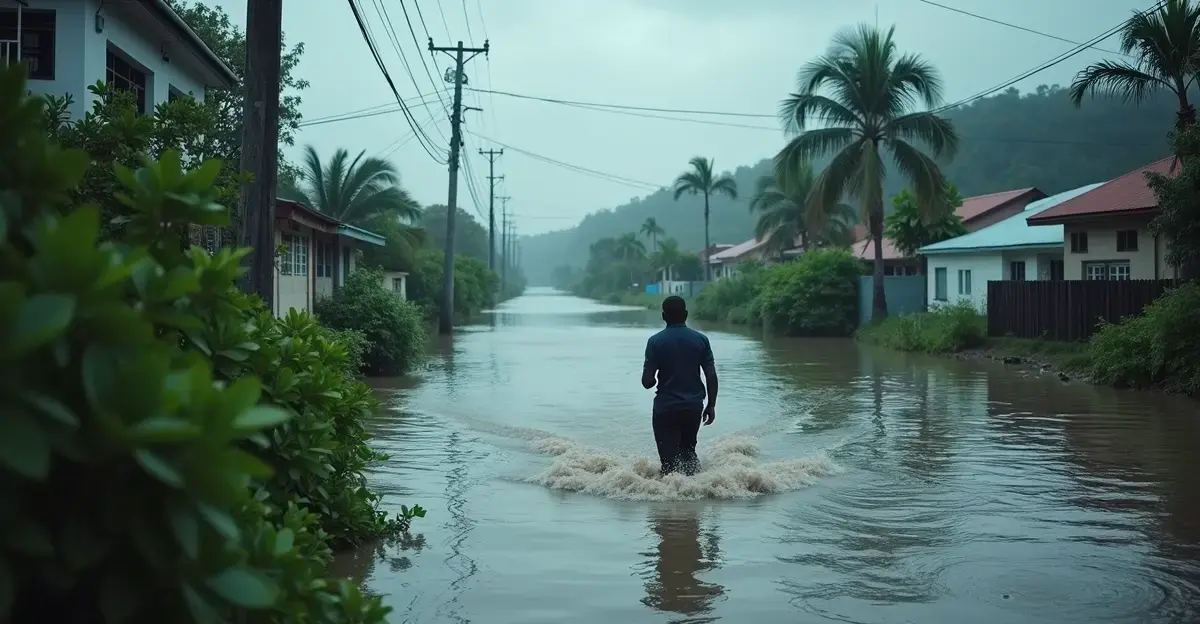Catastrophic Category 5 Hurricane Makes Historic Landfall
Hurricane Melissa, the strongest storm of 2025, has made landfall in Jamaica as a Category 5 hurricane with devastating winds reaching nearly 300 kilometers per hour. The storm struck near New Hope on Jamaica's southwestern coast on October 28, 2025, bringing catastrophic flooding, widespread structural damage, and claiming at least nine lives across the Caribbean region.
Unprecedented Destruction and Widespread Impact
According to AccuWeather, Hurricane Melissa marks the first Atlantic Category 5 landfall since Hurricane Dorian in 2019 and is tied as the most intense Atlantic hurricane at landfall in recorded history. The storm's record-slow forward speed of just 4.6 mph has amplified its devastating impacts, allowing it to dump enormous amounts of rainfall over the same areas for extended periods.
Jamaican Prime Minister Andrew Holness delivered a sobering assessment of the situation: 'There is no infrastructure in the region that can withstand a Category 5 disaster. I pray for the residents. We have prepared and prayed for the best.' Approximately 1.5 million people - roughly half of Jamaica's population - are expected to be affected by the hurricane's impacts.
Climate Change Connection and Rapid Intensification
Scientists are pointing to climate change as a key factor in Melissa's unprecedented strength and rapid intensification. According to The Independent, Atlantic hurricanes are now more than twice as likely to intensify rapidly compared to previous decades due to warming ocean waters. The Caribbean Sea is currently experiencing water temperatures 1.5 degrees Celsius above normal, providing the perfect fuel for hurricane development.
NOS weather presenter Peter Kuipers Munneke explained the climate connection: 'Hurricane Melissa is the first Category 5 hurricane ever to make landfall in Jamaica. Of course, the wind will cause a lot of damage, but most damage will be caused by all the water. Melissa is staying very long and during all that time there is extremely heavy rainfall.'
Massive Evacuations and Infrastructure Collapse
Authorities had evacuated residents from several coastal towns to emergency shelters before the storm's arrival. However, the hurricane's intensity has overwhelmed even the most robust preparations. At least 240,000 households and businesses were without power before the storm even made landfall, and extensive damage has been reported to roads, hospitals, and other critical infrastructure.
The storm has already claimed lives across the region, with four fatalities reported in Haiti and the Dominican Republic, and three indirect deaths in Jamaica during preparation efforts. As Al Jazeera reported, Hurricane Melissa is being described as a 'storm of the century' with significant destructive potential that continues to threaten the Caribbean region.
Regional Impacts and Future Trajectory
After devastating Jamaica, Hurricane Melissa is forecast to gradually weaken and make landfall in Cuba as a Category 4 hurricane. Cuban authorities have evacuated more than 500,000 people from vulnerable coastal areas. Cuban President Miguel Díaz-Canel expressed concern about the storm's approach, stating: 'Hurricane Melissa will arrive with great violence and we are concerned about what it will destroy.'
The storm's impacts extend beyond immediate wind damage, with scientists warning of significant flooding and landslides, particularly in Jamaica's steep, hilly interior. The amount of rainfall expected over the next two days equals what the Netherlands typically receives in an entire year, transforming small streams into raging waterfalls and causing mudslides across vulnerable terrain.

 Nederlands
Nederlands
 English
English
 Deutsch
Deutsch
 Français
Français
 Español
Español
 Português
Português
